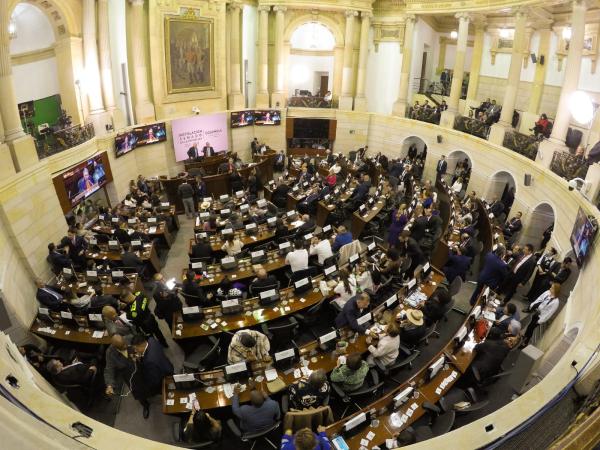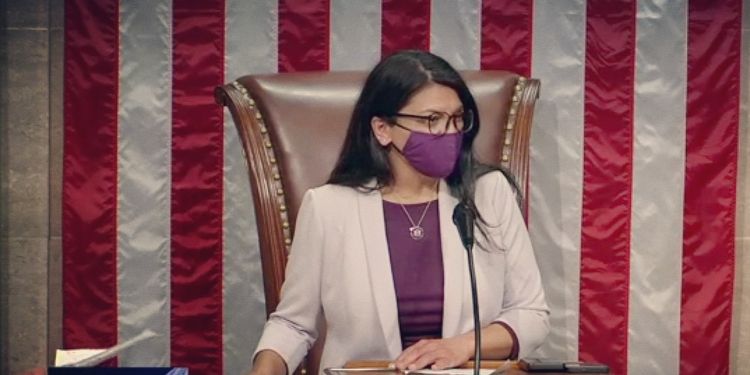This Wednesday, July 20, the new Congress, with an important participation of the Historical Pact, and with a government coalition that will facilitate the processing of several projects. In this legislature, whose term will run until December 16, There are several key reforms that will go through Congress, and that both the elected government of Gustavo Petro, like his caucus, they will try to approve.
(See: Diego Guevara will be the deputy general minister of Finance of Petro).
The first one is the tax, the backbone that will allow the new administration to finance a large part of its programs. This is also the main task of José Antonio Ocampo as Minister of Finance.
The economist has said that this is one of the priorities for the beginning of the government, that it would be presented, even, on August 7 if possibleand that it would focus on more taxes for wealthy people than for companies.
About that amount of collection close to $50 billion that Petro spoke about in his campaign, he has said that it would be for the four years of government. It has also been mentioned to suppress the days without VAT, that the income tax on natural persons will be concentrated on those who earn more than $10 million and that another focus will be the wealth of “billions”.
(See: The support with which Petro arrives in Congress to pass his reforms).
This reform will be processed in the Third Commission, which legislates on finances and public credit, taxes and contributions, as well as laws of the Bank of the Republic and the regulation of financial activity.
“The tax reform is fundamental, the entire Petro government depends on the tax reform because it is the one that guarantees the resources”, assured Mauricio Jaramillo, professor of Political Science at the U. del Rosario.
Political analyst Carlos Arias, professor of the master’s program in political communication at the Externado University, agrees on this point, and assures that It’s fundamental because “the agenda of this legislature is to issue a tax”, but he does not believe that it is “just as he proposes it”.
Another discussion that will take place in Congress in this second semester is that of the General Budget of the Nation (PGN) of 2023, which takes place in the fourth commission. This point will also be fundamental to guarantee the resources that the government requires for its different projects.
According to Arias, another key reform is agrarian, in relation to the use that is being given to the land, which is also complemented by the environmental issue, so the Fifth Commission will be another important space.
But he considers that both reforms will not be seen in this legislature, “for a while it would be enough,” says the expert, but he questions that the support of the benches may not be enough to approve both. “I would think that only the tax would go”, he indicates.
In rural matters, the appointed Minister of Agriculture, Cecilia López, has spoken of seeking whatand the lands that today are used for livestock are converted to agricultural production, that there will be a focus on crops such as corn, and he has also said that landowners will have to prove that they are productive or they will have to pay high taxes.
How much would pensioners pay with the new tax reform?
TIME
In the plan that the president-elect presented during the campaign, there are two other important reforms, but which apparently would not be the center of the debate in this legislature: the pension and the health system.
“The incoming Finance Minister has said that they will not present a reform for now, but it is something that is not so certain, because pension reforms are usually presented in the first year of office, because they are unpopular”, assures Marcelo Duque, director of the firm How I Retire.
(See: Petro will seek to make the tax system more “fair and progressive”).
For an expert, the objective of a pension reform should be to increase coverage, but he questions the proposal that all those who receive less than 4 minimum wages go to the public system. “Sending all people by law to the public system does not fix the underlying system that is to increase coverage, and that point can be part of an important discussion“, He says.
From the bench of the Historical Pact There are several projects that are also being prepared. Senators Iván Cepeda and Gustavo Bolívar, of the Historical Pact, With Cathy Juvinao, representative to the Chamber for the Green Party, presented to the public on Tuesday a proposal for reform to Congress.
The main points are limit the indefinite reelection of congressmen, with a limit of three periods in each House; reduce the legislative recess period; strengthen the causes of loss of investiture to combat absenteeism, and create a new cause for obtaining fees or bureaucratic perks in exchange for the vote on projects and motions of censure.
(See: The challenges of Alejandro Gaviria in the Ministry of Education).
LAURA LUCIA BECERRA ELEJALDE
Journalist Portfolio







